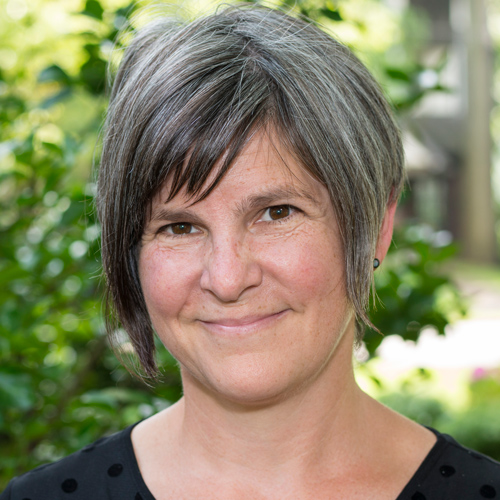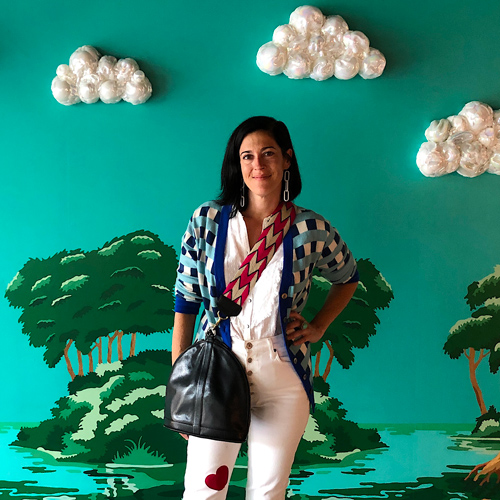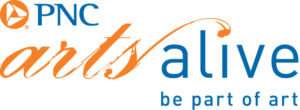Wheaton Conversations:
Beth Lipman & Erica Rosenfeld
Watch the Dec. 17, 2020 recording above
Artists Erica Rosenfeld and Beth Lipman have over 40 years of combined experience as makers. Their work has many similarities, including installations built from many components, the combination of artificial and the natural, and the ephemeral and fantastic states. Both artists seek to find new applications for traditional glass techniques. In this candid discussion, Rosenfeld and Lipman pose questions to each other about their respective creative practices and how their art responds to their individual lives and the world. They also discussed how they have been impacted by the challenges of the pandemic, social justice, and other current events.
This event is part of “Wheaton Conversations,” a new virtual series highlighting select artists with ties to WheatonArts! To see the full schedule of conversations, Click Here.

Beth Lipman is an American artist whose sculptural practice explores aspects of material culture and deep time through still lives, site-specific installations, and photographs. Ephemeral and intricate, her work addresses mortality, materiality, and temporality–critical issues since the inception of the still-life tradition in the 17th century that continue to be relevant. Lipman is also known for site-responsive installations that activate the specific history of objects, individuals, and institutions. Lipman’s work is now on view in Collective Elegy, a mid-career survey at the Museum of Arts and Design (NY), and Every Last Thing, a solo exhibition at Nohra Haime Gallery (NY).

Embracing the cultural histories of glassmaking, cooking, and crafting, Erica Rosenfeld’s work celebrates community-centric, obsessive, labor-intensive ritual. Her hybrid artistic practice has centered on the performative, sculptural, and social aspects of glass and food-making. Her current body of work, “Reverie Forest: Sanctuary for Strange Creatures,” investigates the Mid-Century phenomenon “Paint by Numbers” as cultural artifacts of the early 1950s in America. She sees the adult painting kits as windows into a culture when a political system couldn’t tolerate opposition as they recklessly preyed on people’s fear of losing their freewill, thus inspiring mindless conformity. She is also the co-founder of the performance collective Burnt Asphalt Family with whom she has performed throughout the United States. Rosenfeld shows her artwork at the Heller Gallery in NY.
Thank you to our sponsor, PNC Arts Alive!


